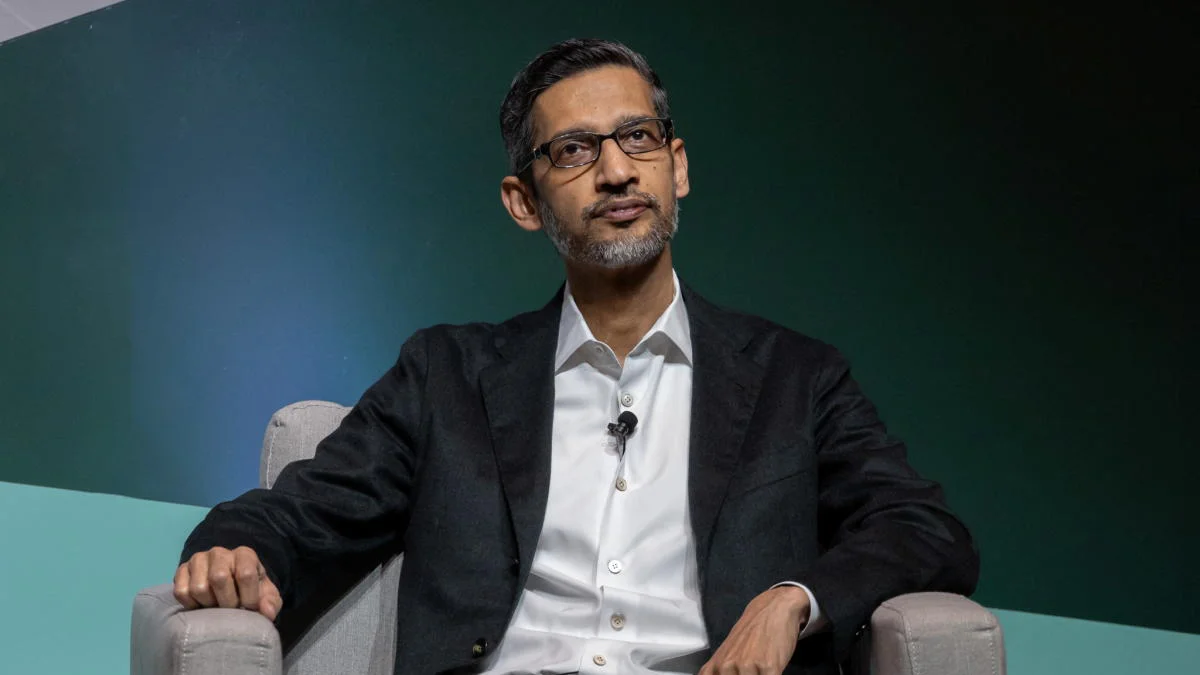Necessary Always Active
Necessary cookies are required to enable the basic features of this site, such as providing secure log-in or adjusting your consent preferences. These cookies do not store any personally identifiable data.
|
||||||
|
||||||
|
||||||
|

After having its sights on big tech regulation for a long time, 2024 has been the year that the US government took the biggest swipe at tech companies. According to Yahoo Finance, the government’s biggest breakthrough came when the Department of Justice convinced a federal judge that Google is an illegal monopoly in an antitrust case.
“Google is a monopolist, and it has acted as one to maintain its monopoly,” the Judge said in his ruling.
The ruling on Google’s search engine dominance case is the biggest antitrust victory that the US government had had against a big tech company after Microsoft in the 1990s and AT&T in the 1980s.
The DoJ has proposed Google Chrome sell-off as one of the remedies. Apple, Meta, and Amazon are also facing federal and state antitrust suits. Some of the lawsuits are similar to Google’s. Experts say that it’s too early for government antitrust cases to have a serious impact on big techs.
“The Biden administration has moved antitrust down the field in some ways. But are we in the end zone? No.” Maurice Stucke, Law Professor at University of Tennessee said.
Washington antitrust lawsuits take years to finalize and exhaust the justice system. The danger that they present for now is that the government may oppose new mergers. Businesses belonging to big techs may also be eclipsed by upcoming AI startups.
“That sends them greater chills than any regulator. They don’t want to be the next Intel,” Stucke added.
Stucke predicts that government aggression towards antitrust enforcement will continue in Donald Trump’s second term.
“Even though antitrust may not be the same under Trump as it is under Biden, it’s not going to go back to the way it was,” he said.
It’s still unclear whether President-elect Donald Trump will continue pursuing big techs during his second term. But as Stucke predicts, there are indications that things could get tougher for big techs under the Trump administration. Previously, the President-elect has said he has no intentions of easing up on big techs.
“Big Tech has run wild for years,” Trump said after nominating Gail Slater to head the antitrust division at the Justice Department.
“The industry is stifling competition in our most innovative sector and, as we all know, using its market power to crack down on the rights of so many Americans, as well as those of Little Tech. I was proud to fight these abuses in my First Term, and our Department of Justice’s antitrust team will continue that work under Gail’s leadership,” he added.
Google’s search engine lawsuit that led to the illegal monopoly ruling started during Trump’s first time. It was during his first administration that the US Federal Trade Commission started to pursue Meta in a bid to unwind its acquisition of Whatsapp and Instagram. The first Trump administration also commenced an antitrust investigation on Apple. The investigation resulted in DoJ’s lawsuit against the iPhone manufacturer during the Biden administration.
Trump’s pick for Federal Communications Commission chairmanship last month is a big pointer of Washington’s data privacy concerns. Days before his appointment, Brendan Carr wrote to big tech CEOs including Google, Microsoft, Meta, and Apple. In his letter, Carr warned of far reaching actions to restore freedom of speech once Trump assumes office.
Trump has sent mixed signals on how far he could go in holding big tech accountable. On the campaign trail, he suggested that Google’s antitrust issue could be resolved without forcing it to break up. Instead, he proposed finding ways to ensure Google is fair. Even before he gets to Washington, big tech CEOs have taken time to meet Trump at his Mar-a-Lago resort since he won the 2024 elections. Tech companies have also made donations towards his inaugural fund in recent weeks.
“In my conversations with him, he’s definitely very focused on American competitiveness, particularly in technology, including AI,” Google CEO Sundar Pichai said.
On whether Trump’s election could shift the dynamics of Google’s antitrust case, he said,
“This is a DoJ case, and the case is already in court,” noting that it started under Trump’s first term. So I don’t have any particular insights into that. We will defend ourselves there.”